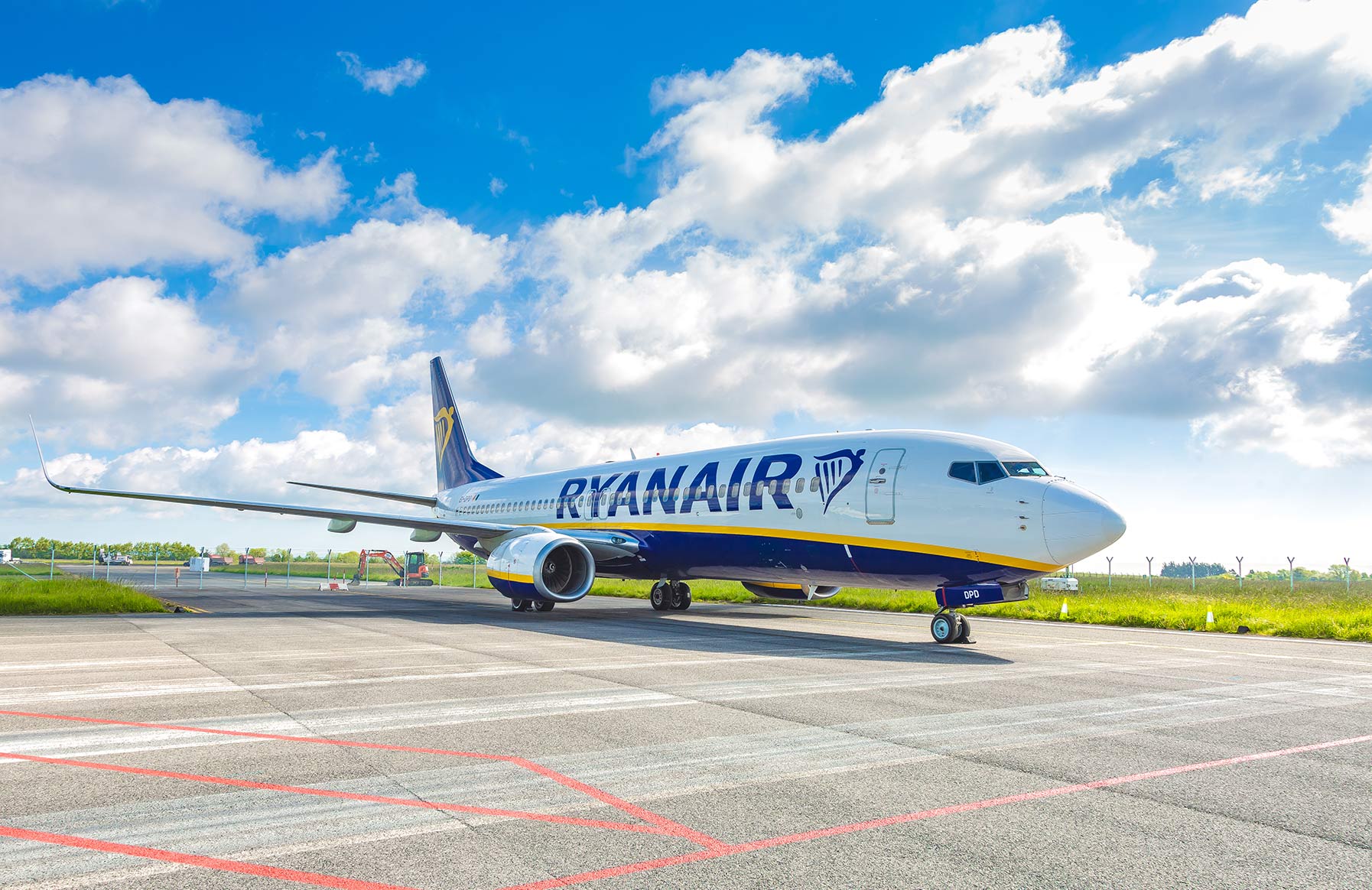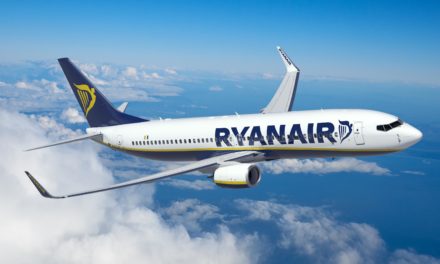Ryanair are due to operate some 300 international flights (150 round trips) in the Canary Islands during the six days of strikes called by the unions representing cabin crew this summer, for the weekend of June 24, 25 and 26 and June 30, July 1 and 2 .
An estimated 50,000 passengers are booked to be on these flights, and they could suffer delays and cancellations, according to Spanish language daily Canarias7.
Workers and the airline are still awaiting the outcome of a meeting to see if there is to be a last-minute agreement to avoid the strike. However, for now, the positions of the parties are so far apart that everything indicates that the strike is inevitable.
 KEYS TO THE CONFLICT
KEYS TO THE CONFLICTCollective agreement Workers in Spain have now been trying to negotiate their first collective agreement with Ryanair for 5 years.
Rupture In May the airline left the negotiating table and signed an agreement with the CCOO Workers’ Commissions, one of the largest unions in Spain, but not among airline staff.
Representativeness USO and Sitclpa say that CCOO has no representation in this workforce, pointing out that only they were elected to negotiate on behalf of the staff affected, and call for a strike.
Strike. It is to be held six days: on the weekend of June 24, 25 and 26, and the following weekend: June 30 and July 1 and 2.
The strike looks set to primarily affect international flights and the impact will be more or less depending on the minimum services required by the courts.
During the last strike, in September 2019, the Ministry of Transport established such a high minimum services requirement that the strike was hardly felt. Subsequently, and after an appeal from the workers, the National High Court annulled the minimum services order two years later, but by then it was well past any effectiveness to the debate.
With regard to domestic flights, which connect with the Spanish peninsula, it is expected that the strike will have no effect, since, as happened in the 2019 strike, it is estimated that the minimum services will be set to 100%.
Cabin crews, accounting for between 1,200 and 1,400 workers in Spain, have been negotiating for this collective agreement for five years, and the agreement is still as difficult to reach today as it was at the beginning of the process, given the company’s refusal “to respect the rights of the template” used by most other airlines, according to the general secretary of USO-Ryanair, Lidia Arasanz.
If Ryanair returns to the negotiating table, the strike can be suspended
Arasanz has made clear that “the only option for there to be no strike is for Ryanair to sit down at the negotiating table again.” Ryanair signed an agreement, instead, with the Workers’ Commission (CCOO) union, which, according to Arasanz, “has no representation.”
“We held binding assemblies and the workers appointed USO and Sitcpla as negotiators at this table. However, they (Ryanair) chose this union (CCOO) to negotiate, something that is very serious, they got up from the table and that is why the strike has been called,” she explains.
Ryanair’s opinion in this regard is different. The airline “is pleased” to have closed an agreement with CCOO, which it describes as the “largest and most representative union in Spain” and which, in its words, “provides improvements for cabin crew.”
Ryanair has made assurances that the strike will not be taken up by their staff
 “The announcements by the USO and Sitcpla unions, smaller unions, are a distraction from their own failures to reach agreements after three years of negotiations and we believe that any strike they call will not be supported by our Spanish crews,” claimed the airline, expecting little impact from the strike.
“The announcements by the USO and Sitcpla unions, smaller unions, are a distraction from their own failures to reach agreements after three years of negotiations and we believe that any strike they call will not be supported by our Spanish crews,” claimed the airline, expecting little impact from the strike.
Ryanair without doubt the most used airline in the Canary Islands. In 2019, they transported 3.4 million passengers, which represents 17% of the total number of passengers to the islands.
This year they expect to reach 4 million seats booked. Occupancy on their flights is one of the highest in the market following the pandemic, at 90%.
The airline is considering reopening their bases on the islands, controversially closed in January 2020, although it has not yet paid the dismissed workers what it owes them, following a court order judging the dismissals to have been illegal. The ECA were none too happy either.
“They don’t even give us water on the flights. You have to bring it from home” Lydia Arasanz.
The general secretary of USO-Ryanair, Lidia Arasanz, criticised Ryanair’s non-compliance with European and Spanish labour legislation, for using hiring modalities “that are prohibited in Spain”.
She is adamant that Ryanair “has not complied” with the law for years and that, although it has been the target of sanctions by the European and Spanish Justice system, the airline “continues to do what it wants” while “everyone gets profiled”.
As an example of the situation that workers are going through, Arasanz points out that the airline does not even provide them with water on flights, while they do their job. “We have to bring water from home or go to refill the bottles we have at the Ryanair offices, which can be a 15-minute walk from the plane. If you don’t, you have to buy a bottle of water on the plane at the price of three euros”, she claims.
Regarding salaries, she indicated that, as an example, a ‘lower’ level member of cabin crew starts working for the airline at a base salary of €750 per month. Flight hours are added to this salary. At this point, what stands out is that many of the crew members only have ‘zero hour’ contracts, which are totally illegal in Spain.
As the union rep explains, this type of indefinite contract means that if a person works hours, they get paid and if not, they do not receive anything. “These people, in the pandemic, when there was still no activity in their workplace, should have been charging between €0 and €300. Without any rights. This is very serious and with this, we have numerous complaints filed by workers who do not even reach the Inter-professional Minimum Wage (SMI)”, she indicates.
Arasanz points out that the labour reforms implemented a few months ago appear to “not apply” at Ryanair.













